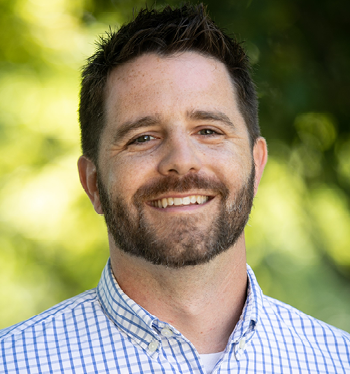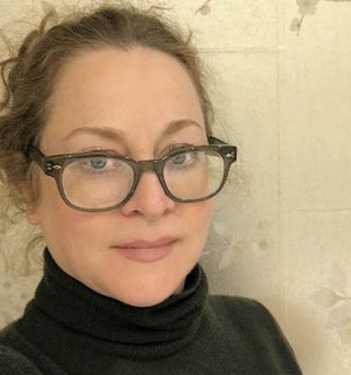Tips for Planning a Conference Session
It can be a challenge to plan a conference session that effectively engages panelists from different institutions and research backgrounds. The panelists may or may not know one another, or one another’s work. How do you plan for a dialogue that showcases each panelist and their work while also highlighting areas of overlapping interest? Here are a session designer’s strategies as remarked upon by the panelists involved in the session.





 In October 2015, a panel of big data analysts and educators convened in order to articulate the types of activities data-literate people engage in and envision how this might be taught in K-16 classrooms.
In October 2015, a panel of big data analysts and educators convened in order to articulate the types of activities data-literate people engage in and envision how this might be taught in K-16 classrooms. Despite the abundant and frequent calls for replication studies from research communities (e.g., Shavelson & Towne, 2002) and funding agencies (e.g., IES & NSF, 2013), the number of such studies remains stubbornly small. For example, in an analysis of all articles published since 1900 in the top 10 psychological journals, Makel, Plucker, and Hegarty (2012) found that less than 1% were replication studies.
Despite the abundant and frequent calls for replication studies from research communities (e.g., Shavelson & Towne, 2002) and funding agencies (e.g., IES & NSF, 2013), the number of such studies remains stubbornly small. For example, in an analysis of all articles published since 1900 in the top 10 psychological journals, Makel, Plucker, and Hegarty (2012) found that less than 1% were replication studies. As DRK-12 researchers conducting empirical studies of interventions in science education, the findings from our studies are important to multiple audiences. While the dissemination plan might be one of the last sections we write in our proposals, and one of the last pieces we consider during the timeline of a project, it is probably the most important activity we engage in.
As DRK-12 researchers conducting empirical studies of interventions in science education, the findings from our studies are important to multiple audiences. While the dissemination plan might be one of the last sections we write in our proposals, and one of the last pieces we consider during the timeline of a project, it is probably the most important activity we engage in.